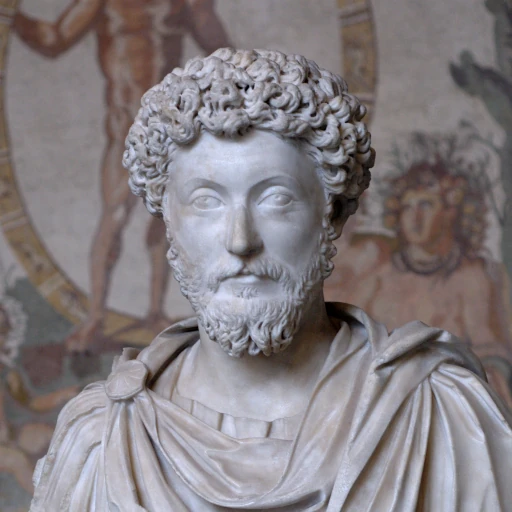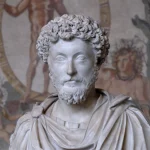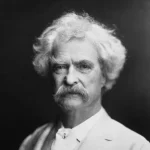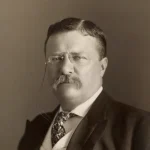“I have often wondered how it is that every man loves himself more than all the rest of men, but yet sets less value on his own opinions of himself than on the opinions of others.”

- April 26, 121 – March 17, 180
- Roman Empire
- Roman Emperor
- Influenced by Stoic philosophy, he wrote “Meditations” and practiced ideal governance as a philosophical leader, and was later praised as one of the Five Good Emperors.
table of contents
Quote
“I have often wondered how it is that every man loves himself more than all the rest of men, but yet sets less value on his own opinions of himself than on the opinions of others.”
Explanation
In this quote, Marcus Aurelius reflects on the paradoxical nature of self-love and external validation. He observes that people tend to prioritize their own well-being and self-preservation over others, yet they often place greater importance on the opinions and judgments of others than on their own understanding of themselves. This contradiction points to a common flaw in human nature—our vulnerability to external approval and social influence. Aurelius is suggesting that true self-worth should not be defined by how others perceive us, but rather by our own rational judgment and moral compass.
Aurelius, a Stoic philosopher, believed that one should live according to virtue and reason rather than seeking approval from others. For him, a person’s true worth is determined by their character and alignment with virtue, not by the opinions of society. This insight is especially relevant in modern times, where the desire for social approval—through social media, status, or external achievements—can overshadow the importance of cultivating self-awareness and inner strength. Aurelius calls us to value our own opinion of ourselves based on integrity and rationality, rather than seeking validation from the external world.
In practical terms, this quote encourages us to focus on self-reflection and self-acceptance, trusting our own judgment and values over the opinions of others. For example, when faced with criticism or external pressure, instead of altering our behavior to fit others’ expectations, we can assess whether our actions align with our own principles and virtues. By prioritizing our own internal validation over external approval, we build a stronger sense of self-respect and inner peace, independent of societal or external influences.




